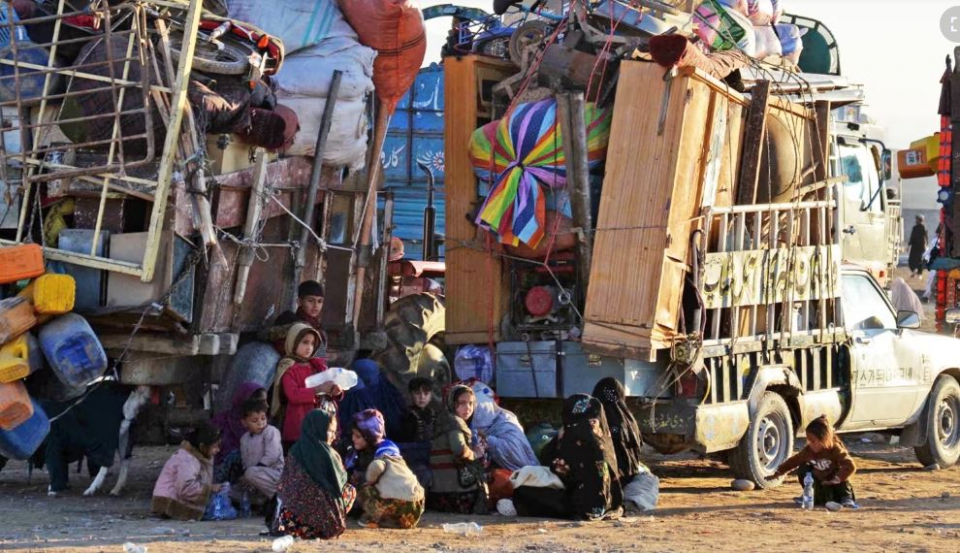On December 26, The Times of India revealed that Pakistan is deporting Afghan refugees, including those granted resettlement in the United States. The report contradicts Pakistan's official stance that their deportation policy targets all "illegal" refugees, irrespective of nationality. Despite denials, international rights watchdogs confirm mass deportations, intensifying since the Taliban regained power in Afghanistan in 2021.
Amnesty International reported that Pakistan, citing security concerns, set up 49 deportation centers, leading to over 170,000 Afghans leaving since September. Human Rights Watch documented the forced expulsion of more than 375,000 Afghans, while the U.S. Embassy issued protection letters to 25,000 Afghans awaiting U.S. resettlement.
However, recent reports suggest Pakistani authorities detained and deported individuals despite U.S. embassy protection letters. Afghans facing visa expirations encounter extended renewal periods and hefty fees, complicating their situation.
Pakistan's move to deport over a million undocumented foreigners, predominantly Afghans, by November 1 drew warnings from the United Nations about potential severe human rights violations. Post-deadline, authorities reportedly rounded up undocumented foreigners.
Notably, the Pakistani government justified mass expulsions on security grounds, accusing undocumented Afghan refugees of contributing to terrorist attacks. This aligns with their claim that the Afghan Taliban shelters Tehreek-e-Taliban Pakistan (TTP) members, an allegation denied by the Afghan Taliban.
As the situation unfolds, questions arise about the U.S.'s role, especially with reports of deported Afghans in the U.S. resettlement process. The imposition of an $830 exit fee on Afghans awaiting resettlement adds another layer to the complexities surrounding the situation, prompting scrutiny of Pakistan's actions and potential implications on broader regional dynamics.

















